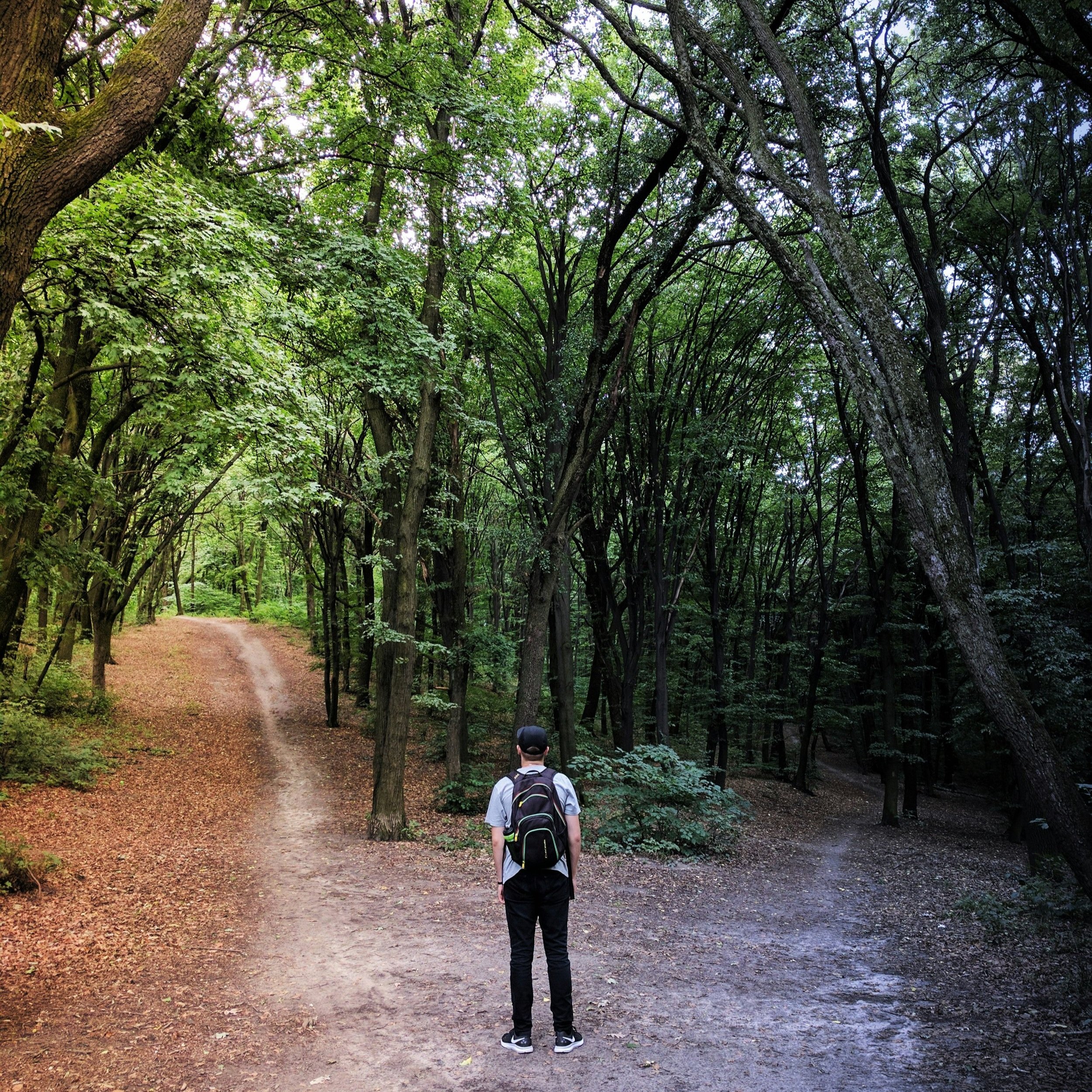Mastering Life's Decisions: 3 Proven Tips for Effective Decision-Making
When you don’t know what you don´t know it’s hard to make an informed choice.
Make better decisions. It sounds simple but in practice, it’s not as easy as you might think.
Each of us makes about 35,000 decisions a day. These decisions can vary from the small things, like what socks to wear or whether to watch the news, to the bigger choices: will a gap year be detrimental to my career prospects? Should we be making environmentally-friendly lifestyle changes? Do I go for the big promotion?
When considering the more significant decisions that we make, both personally and professionally, we know that the outcomes of these decisions impact well-being. I loved Barry Schwartz’s great TedTalk about how more choice has made Western societies more dissatisfied rather than happier.
The fundamentals of most strategies for decision-making include objective setting, investigation, establishing options, reacting and evaluating. Many of us already follow this pattern in some form or another, whether consciously or not, from a very young age. And for that reason, I don’t tell you how to make a decision – I want to share how you can make better decisions. Ones that consider all possible implications, have maximum impact and are sustainable in the long run.
Tip 1: Delve deeper to grasp the full scope of the issue
The decision you're facing may stem from a particular part of your life and may result in a major change. Take the choice of whether to go freelance, for example. Going freelance could offer you more flexibility and potentially more money.
But like many aspects of our lives, our choices are influenced by various interconnected factors or larger systems. Is there a saturation of freelancers in the market? Will new tax rules make it harder to profit from being freelance? Is working by yourself better for your well-being than being in a team?
Gaining a broader understanding of the numerous variables and systems involved, along with their interconnections and impact on your decision, ensures that your ultimate decision is based on the fundamental issue, not just the pointy bit that is directed at you and your immediate needs.
Mika Raulas applies human-centered design principles to help businesses build resilience against unexpected global shocks like Covid-19, emphasizing the importance of understanding and addressing the underlying fundamental issue. Whether you want to solve a problem or make better decisions in your own life, the same principle applies. Your final decision becomes more sustainable when you take into account the influence of the whole.
Tip 2: See the bigger picture by embracing different viewpoints
Who else is interested in this topic at the heart of this decision, and why does it interest them? You’ll be seeing and interpreting the choices from one angle but taking the time to understand other points of view gives you a much fuller picture.
Right now, you have a particular perspective, but as you journey down the path that your decision leads you on, it’s pretty likely that your perspective will change and evolve. Someone else may already be at that point or have a completely different point of view that makes you consider the whole issue differently. Being aware of various perspectives and understanding why someone thinks that way can save you a lot of effort and surprises.
Expanding on this idea, take into account the needs of those who will be impacted by your decision. My blog about how understanding humanness helps you make better decisions goes into this, but essentially a better understanding of people, their needs and viewpoints helps you make better decisions that have the right impact on the people around.
Tip 3: Be ready to change and adjust
Too many choices. Without collective sensemaking, it's hard to make informed decisions.
We’ve all been there – you make a decision based on the information you have to hand, but then a new factor emerges that shifts everything. My first two tips can help prepare for issue-related shifts, but big surprises, whether from unanticipated changes on a larger scale or from closer to home, will always exist. For example, you enroll in a university course to study philosophy, but your partner is offered a once-in-a-lifetime opportunity in another country.
And while you can’t plan for every eventuality, you can build a network that helps you understand and evolve your thinking quickly. Whether this is a team of trusted advisors, a repository of materials, or a platform that does all of the above, being prepared means that you can respond to the issues and make better decisions at pace.
Harness collective thinking to make more impactful decisions
At Hunome, we’ve created a platform that helps people make better decisions when they face uncertainty by allowing them to holistically understand the topics, choices and issues that matter most to them. Members bring their questions and choices to the table and see how others respond, query or develop them. Through real-time knowledge sharing, collective sensemaking, and reflection on the choices and options, members can see the most sustainable option likely to have the biggest positive impact.
See how Hunome can help you make better decisions using systemic thinking and collective intelligence by signing up for Hunome today.


